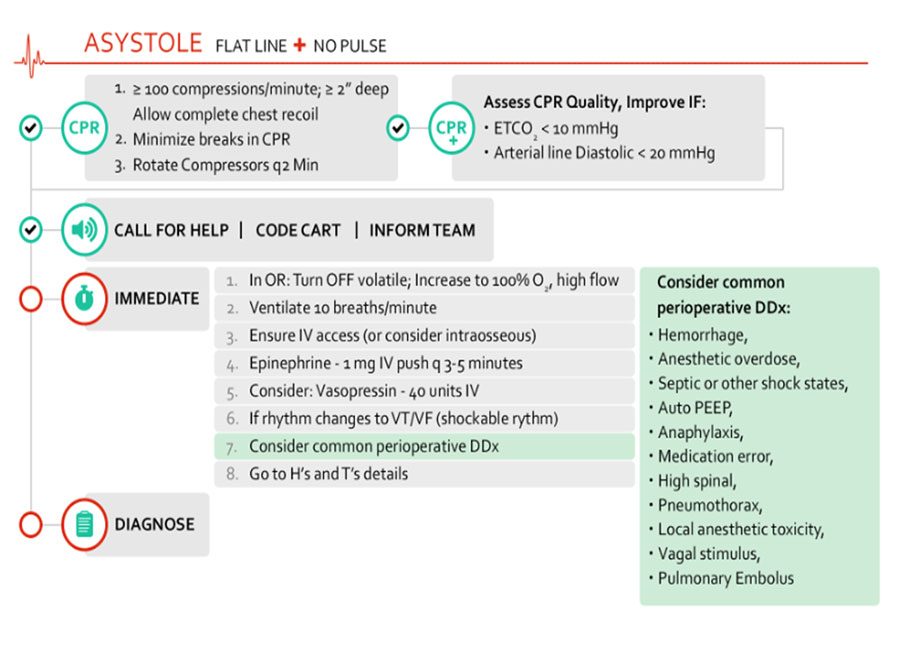285 views
Knowledge Visualization: Mnemonics and Check-lists

- Field: Aviation, Healthcare, Corporate Training
- Venue: e-REAL Lab at the Harvard Center for Medical Simulation, Boston, MA, USA; e-REAL Lab at the Polytechnic School of Milan, Italy
- Simulation Team: Roxane Gardner, Rebecca Minehart, Cristiano Galli, Fernando Salvetti, Barbara Bertagni
- Instructional Design Team: Roxane Gardner, Robert Nadelberg, Rebecca Minehart, Cristiano Galli, Fernando Salvetti, Barbara Bertagni, Mario Bisson, Daniela Calabi, Pierluigi Ingrassia
- Multimedia Design & Tech Team: Matteo Lana, Rocco Luigi Tartaglia, Anca Gavril, Lejla Hoxha
Experiential coursework focused on learning and improving teamwork and knowledge sharing during simulated aviation and healthcare cases. Starting on Day 1 of training, pilots learn to utilize mnemonics, acronyms and aphorisms to remember checks, procedures, and practices which remain with them throughout their careers. Learning to use such memory aids effectively can help pilots in at least two distinct ways--first, it frees up working memory during routine operations; and second, it directs the mind towards required actions during situations and emergencies. Surgeons, physicians, paramedics, and nurses are often invited to do the same. The amount of information and level of detail included in checklists are among the most difficult issues to control during the development process of these tools, since there is no universal model of representation regarding iconography, text length, density of information, number of steps, colors, fonts, etc. regarding any of the elements involved in the system. Other challenging issues include communication patterns, knowledge visualization strategies and techniques, and ways to interact with the checklist.
Vocal commands for the checklists
Fernando Salvetti on checklists in healthcare
Like this article? Share it!
Don't hesitate to leave feedback in the comments section below.
